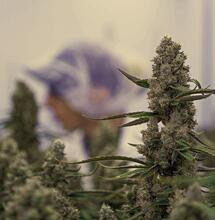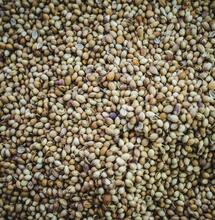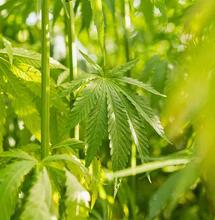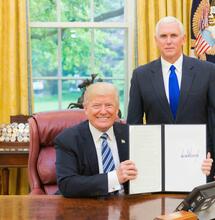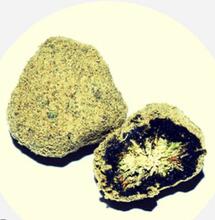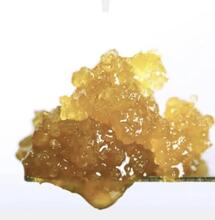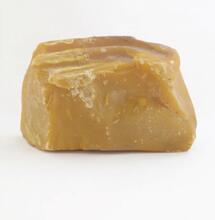Hemp-Derived Cannabinoids and Synthetic Cannabinoids Explained

Due to the 2018 Farm Bill, a loophole in hemp legislation has opened the door for new compounds such as Delta-8 THC, THC-O, HHC, CBGA, etc.
These hemp-derived cannabinoids are isolated, concentrated and put into vapes, sprays, edibles, and other consumables widely sold across the U.S. and internationally. There is much confusion among people over what precisely these substances are and their potential risks.
Hemp-derived cannabinoids are often referred to as "HDCs'. To understand them, we need to understand the difference between "hemp" and "cannabis."
Biologically, there is no difference between hemp and cannabis other than their legal standing. The only difference is that hemp plants have been bred to have low THC, below the current legal limit of .3% THC. In contrast, commercial cannabis has been produced to have high THC.
When the laws classifying hemp and cannabis were established, they were based on Delta-9 THC percentage. Anything above .3% Delta-9 THC is considered illegal marijuana, and anything below that cusp is considered hemp. So when the 2018 Farm Bill legalised "hemp", it opened the door for extracting and exploiting 42 newly isolated compounds from the cannabis/hemp plant.
These compounds include minor cannabinoids such as CBN, THCv, Delta-8 THC, Hemp Derived Delta-9 THC, THCp, CBGa isolate, and CBDa isolate. These HDCs are created through semi-synthetic processes but originate from the plant material. For example, to make a Delta-8 molecule, you take CBD through a chemical reaction process, neutralise the solution, remove the solvent and distil the results.
The effects of these compounds are hard to generalise. Still, suppose you imagine the whole traditional "full spectrum" cannabis experience to be a cake. In that case, each minor cannabinoid is a tiny piece. You don't get the entire experience, just a small slice.
From what we know so far, HDCs are not necessarily all bad. Some, like CBN, appear to be useful for sleep. Others may aid digestion, and some may have the potential to help fight cancer, etc. etc. The problem is we don't know enough yet to be able to quantify their safety firmly.
Hence, federal regulations must be implemented to regulate this new emerging cannabis-related market sector. Active controls are needed so that consumers know that the products being sold are safe and effective and to halt the production of unknown, untested compounds, including Spice and K2, which are renowned for having unwanted severe effects on their users.
HDC's are NOT the same as Spice and K2. Spice and K2 are synthetic cannabinoids, which are defined as the following:
"Synthetic cannabinoids are artificial mind-altering chemicals. They are called cannabinoids because they are "similar" to chemicals in the cannabis plant. Because of this similarity, synthetic cannabinoids are sometimes misleadingly called synthetic cannabis and often marketed as safe, legal alternatives."
HDCs are ultimately derived from the cannabis/hemp plant, whereas synthetic cannabinoids are not and are wholly manufactured.
There are moves to legislate HDCs at the federal level, although no one is quite sure how things will go. The DEA's stance on Delta-8 is that it is a controlled substance. In February, they stated that Delta-8 THCO and Delta-9 THCO are illegal substances because they can only be produced in their final form with synthetic assistance.
The FDA is also poised to release rules about Delta-8 and other minor cannabinoids soon. However, it is still confusing, and things are up in the air, so don't feel alone if you don't understand everything.
Currently, there are two markets in the U.S.: the legal hemp market, where cannabis products can be sold for a considerable profit, but consumers can't guarantee what they are getting. Then, the individual state cannabis sector, where operators struggle with excessive regulation and taxation. Still, consumers in this sector can at least be confident in what they're buying.
Somehow, shortly, these two markets have to be regulated to co-exist. How that is executed and what it looks like remains to be seen. No doubt that will then filter down into how all these different substances are viewed and clarified in European markets as reform spreads.
If in doubt, stick to regular weed for now, as you know where you are with that.
More on this topic from Soft Secrets:

